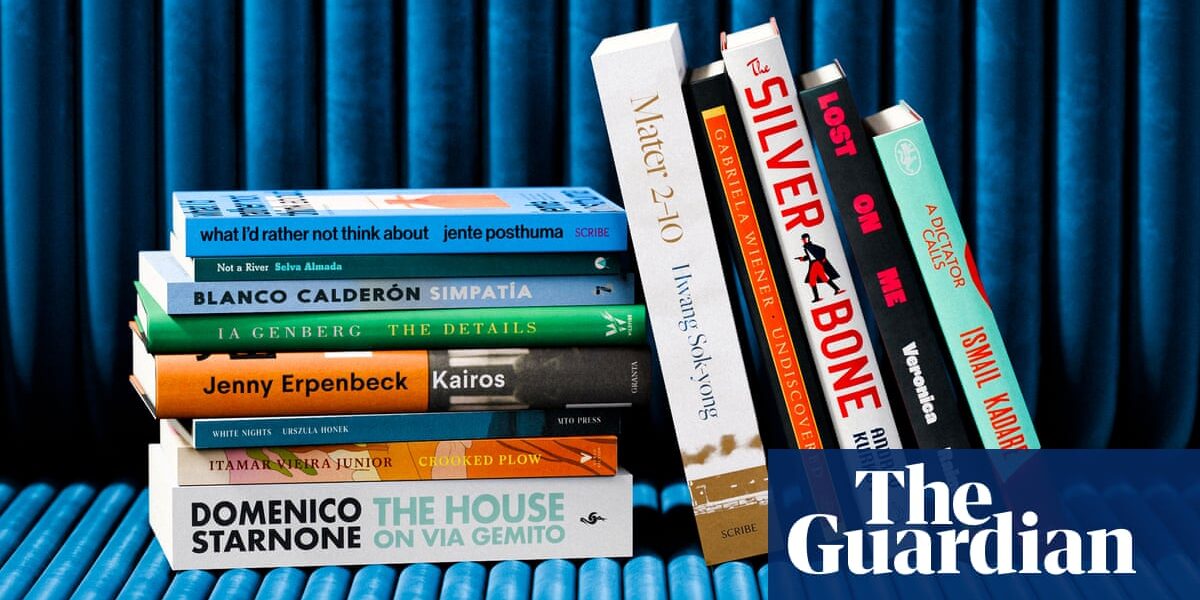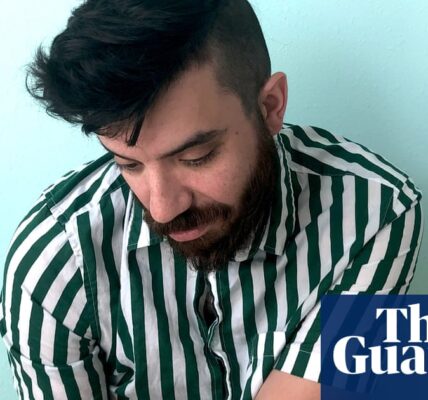
The judges of the International Booker acknowledged a resurgence in Latin American fiction with a quarter of the listed authors hailing from South America.
Selva Almada, a poet from Argentina, Rodrigo Blanco Calderón, a writer from Venezuela, Itamar Vieira Junior, a writer from Brazil, and Gabriela Wiener, a journalist from Peru, have all been nominated for the award. This award honors the top novels and collections of short stories from various countries, which have been translated into English and published in the UK and/or Ireland.
During the 1960s and 70s, there was a significant rise in the popularity of Latin American literature. This was spurred on by a collective of notable novelists such as Gabriel García Márquez and Mario Vargas Llosa, who gained a global following.
According to Fiammetta Rocco, the longlist consists of books that cover themes of bravery and compassion, the significance of a strong community, and the consequences of resisting oppression. Some of these authors and their literary works may not be well-known to those who speak English, but they are highly regarded in their respective countries.
The longlist for the Man Booker International Prize includes works such as Kairos by Jenny Erpenbeck, translated by Michael Hofmann, and The Silver Bone by Andrey Kurkov, translated by Boris Dralyuk. Also nominated is A Dictator Calls by Ismail Kadare, translated by John Hodgson, who previously won the inaugural Man Booker International prize in 2005 for his entire body of work. The judges commended A Dictator Calls for its exploration of the conflict between authoritarian politicians and creative artists and its search for ultimate truth. If he wins, Kadare would be the first writer to receive the prize twice.
In “The Silver Bone: The Kyiv Mysteries” by Kurkov, the story takes place in 1919 Kyiv during a time of war and destruction. The judges noted that the novel is infused with Kurkov’s signature use of irony and absurdism. On the other hand, “Kairos” by Erpenbeck and Hofmann tells the story of two lovers amidst the fall of the GDR. In her review for The Guardian, Natasha Walter described “Kairos” as one of the most bleak yet strikingly beautiful novels she has ever read.
The author and translator who are selected as winners will be awarded with a prize of £25,000 each. The shortlisted author and translator will also receive £2,500 each. The list of six shortlisted books will be announced on Tuesday 9 April, and the final winner will be announced at a ceremony in London on Tuesday 21 May, which will be livestreamed.
Award-winning Italian author Domenico Starnone, who has faced speculation about being the true identity behind Elena Ferrante’s pen name (which he has firmly refuted), is a contender for the prize with his work The House on Via Gemito. The book, translated by Oonagh Stransky, offers a captivating portrayal of Naples and its surrounding areas during and after World War II, according to judges of the prize.
This panel of judges for this year is headed by Eleanor Wachtel, a writer and broadcaster. The other members are poet Natalie Diaz, novelist Romesh Gunesekera, artist William Kentridge, and writer, translator, and editor Aaron Robertson.
I want to miss the advertisement for the newsletter
Avoid the newsletter promotion.
after newsletter promotion
The novel Mater 2-10, written by South Korean author Hwang Sok-yong and translated by Sora Kim-Russell and Youngjae Josephine Bae, has been announced as a longlisted work for its depiction of a family of rail workers over a century of Korean history. In a review by Maya Jaggi for The Guardian, she describes the narrative as a blend of gritty realism and “mindam realism,” a term coined by the author that falls between folklore and straightforward storytelling. Jaggi notes that the result is a combination of oral history and mythical encounters with those who were forced into labor.
The 13-person list also includes Not a River, written by Selva Almada and translated by Annie McDermott; Simpatía, written by Rodrigo Blanco Calderón and translated by Noel Hernández González and Daniel Hahn; The Details, written by Ia Genberg and translated by Kira Josefsson; White Nights, written by Urszula Honek and translated by Kate Webster; What I’d Rather Not Think About, written by Jente Posthuma and translated by Sarah Timmer Harvey; Lost on Me, written by Veronica Raimo and translated by Leah Janeczko; Crooked Plow, written by Itamar Vieira Junior and translated by Johnny Lorenz; and Undiscovered, written by Gabriela Wiener and translated by Julia Sanches.
The recipients of the award in past years have included Han Kang, Olga Tokarczuk, and Lucas Rijneveld. The 2023 prize for Time Shelter was awarded to Bulgarian author Georgi Gospodinov and translator Angela Rodel.
Source: theguardian.com



